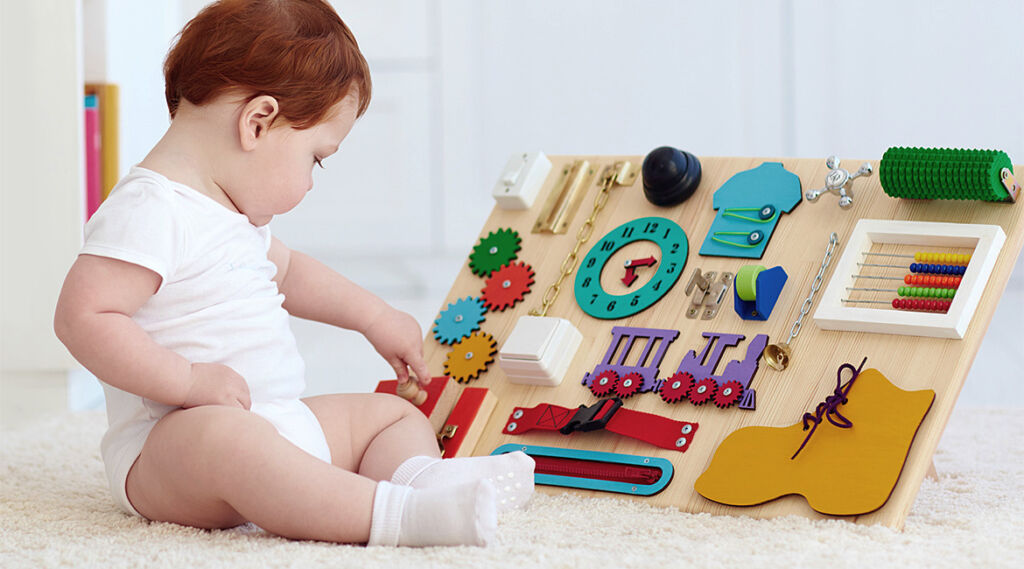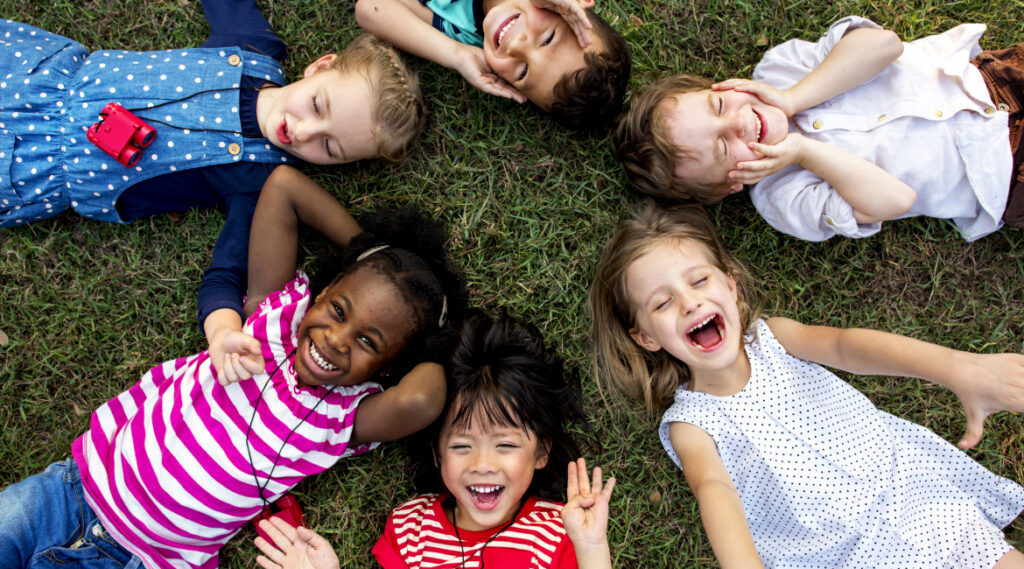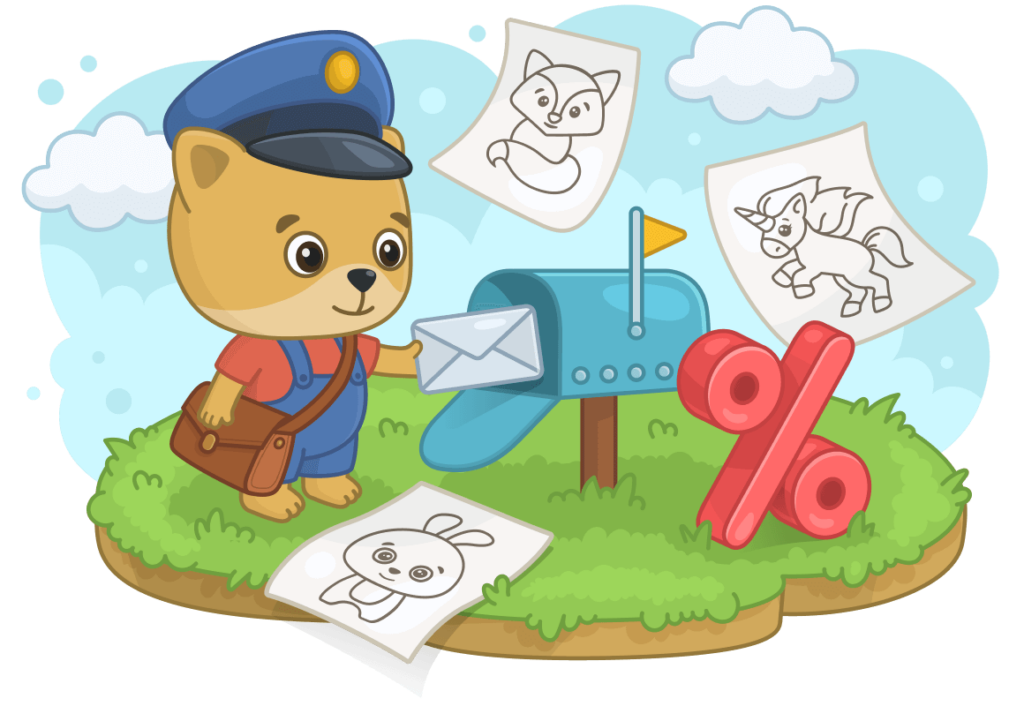There is no doubt that parents go to extreme lengths so their kids can access only the very best — the highest-quality education, feeding, protection, etc.
From the toddler stage to the teen years, children undergo a shocking amount of growth and development.
By the time your little one is done with kindergarten, about 90 percent of their brain is at optimal capacity.
Research shows that early education is a significant contributor to their brain development and a sure way to aid their development of essential social skills.
Hence, it pays to send your toddlers to schools or child care centers with dedicated professionals that focus on early education in kids.
What is Early Education?
Early education encompasses every type of education—formal and informal, that children learn from birth to 8 years.
At its most basic level, this education is essential for the development of young kids as it significantly determines the later years of your kids’ life.
It is necessary to develop children’s social, physical, and cognitive skills at a growing age.
Early education fosters a healthy foundation for children; it provides them a nurturing environment to apply lessons from home in a practical setting.
An effective early-education program must consist of these five core elements below:
- Provision of a balanced curriculum that supports every area of development
- Employment and availability of well-trained and qualified professionals
- Provision of small class sizes, so every child’s progress is measured.
- Enhance children’s learning and identify areas they need improvement.
- A strong foundation in children’s literacy, health, nutrition, and language development
The Benefits of Early Education
Learning from an early age has a tremendous impact on children’s life.
It is vital because it molds little kids into independent adults and teaches them to tackle everything thrown at them in life’s journey.
Here are ten different ways children benefit from early education.
1. Cooperation
While at home, it’s hard for children to learn to share their toys with people, cooperate, and patiently waiting for their turn.
In a formal early education setting, toddlers learn to share and cooperate, which is vital for a secure social life.
Also, this is especially important for an only child, who is not conversant with sharing their things.
In a safe learning environment governed by professionals, they learn to cooperate with guided directions from professionals.
2. Emotional Resilience
Society is constantly changing, and it is crucial children develop resilience as early as possible.
Early education gives your child a perfect chance to build their social skills, fostering a healthy relationship with their peers.
In essence, your child learns how to become independent, get along with other children and develop emotional resilience.
Research shows that babies who start their education as early as two years are more attentive and likely not to throw tantrums.
As your kid develop, they will use this emotional resilience learned to create meaningful friendships that influence their identity and future.
The difficulties and bumps from preschool lay the bedrock for better coping strategies for their future challenges.
3. Holistic Development
Children must have a solid foundation in all areas like emotional, social, mental, and physical.
Trained teachers in early education programs can identify the weaker areas in a young kid.
Also, these educators provide support and encouragement to them via practical sessions, activities, and interactive programs around them.
Participation in these activities nurtures holistic development in little kids and develops a solid foundation for their overall development.
4. A Lifelong Love of Learning
Believe it or not, how a child learns in their formative years stays with them all their lives.
Whether you make the learning adventurous and engaging or make it dull and quiet will determine their zeal for education later in life.
Children will develop an eagerness for learning if taught through interactive and fun materials.
An exciting early education at a childcare center will not only safely watch your child while you are busy but also inspires their enthusiasm for learning.
Moreover, access to early learning provides them with cognitive experiences to quicken their independence and develop a positive attitude to learning.
So, whether your child is beginning school next year or in a few years, consider early childcare in a fun and supportive environment.
5. Eases Socialization
In early childhood, it is easy for children to learn the central concept of socialization.
Hence, your little one must build lasting relationships and socialize with people other than their loved ones, friends, or family.
Sending your child to preschool or early education centers away from familiar faces helps them meet people of their age.
Early education cultivates socialization skills in young minds, helps overcome their shy nature, and gives them self-confidence.
Through early education, your kids develop friendships and essential skills that help them all through their lives.

6. Brain Development
Professionally crafted activities in the child care environment improve the development of children’s brains.
Most activities and games involve analyzing puzzles and games with logical reasoning, which aids in their development.
7. Concentration
A child’s involvement in tasks and activities will help ascertain their level of concentration.
To improve their concentration, the recommended method is through the repetition of each preschool activity.
8. Exposure to Diversity
Since diversity is predominant in this present age, children need to learn to accept the differences in the world.
Each experience molds a growing child, so it is possible to have a lasting effect on a person during their childhood years.
Most parents understand this and introduce early education to their kids to expose them to society’s diversity.
So, to avoid problems in the nearest future, ensure your little ones start interaction via learning centers at an early age.
The environment in preschool teaches them respect and civility towards one another despite their differences.
9. Teamwork
The early learning years is when your little one learns teamwork which is a crucial personality trait most employers seek.
The foundation of teamwork is respect, cooperation, listening skills, and equality.
During early education, children learn all of these qualities.
Many preschool activities focus on teamwork-based activities so that kids learn to cultivate the skill very early.
10. Self-Esteem and Confidence
The environment provided in early childhood centers is vital for boosting confidence levels.
As a child starts interacting with people, develop friendships, and participate in tasks, they build a sense of personality.
They are more aware and foster a positive image of themselves, which develops their self-esteem and confidence.
Self-esteem and confidence do not stifle their growth but instead give them the courage to explore, follow their interests, and try various activities.
Conclusion
Early education constitutes every value, lesson, and skills children learn during their early years.
The first few years of a children’s life are the most essential. However, what the child learns during their formative years stay with them throughout their lives.
Therefore, children who receive early education live a fulfilling and successful life and are more likely to build their self-esteem, teamwork skills, and socialization.



